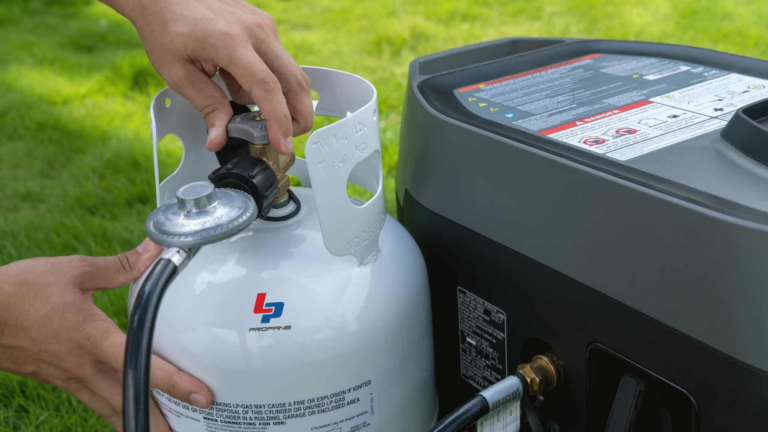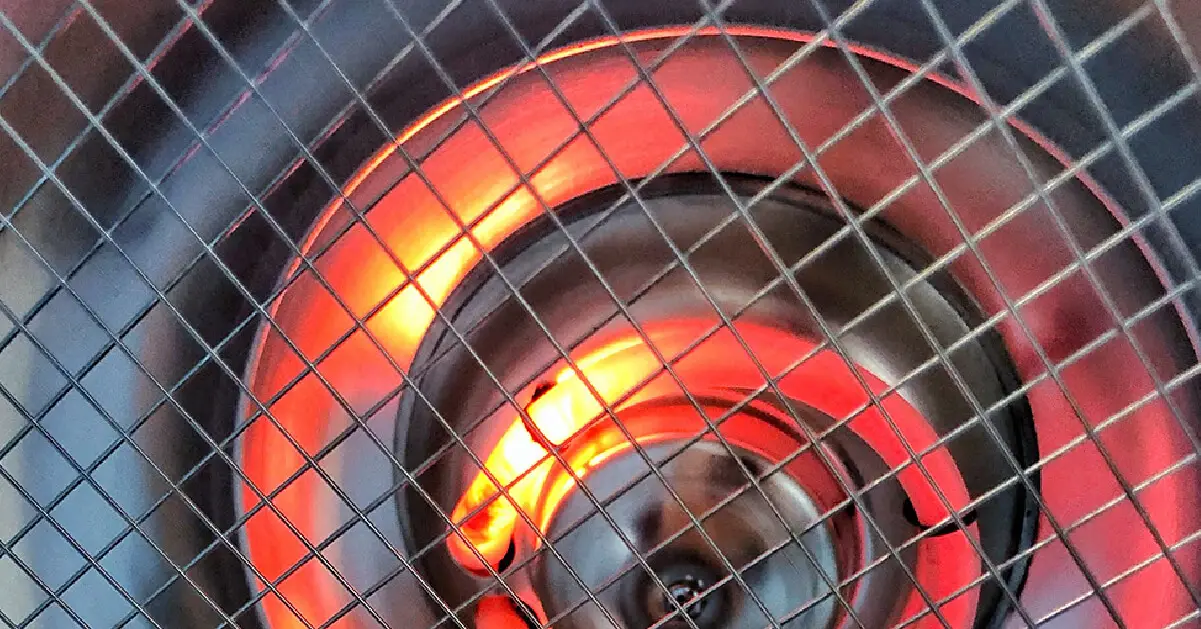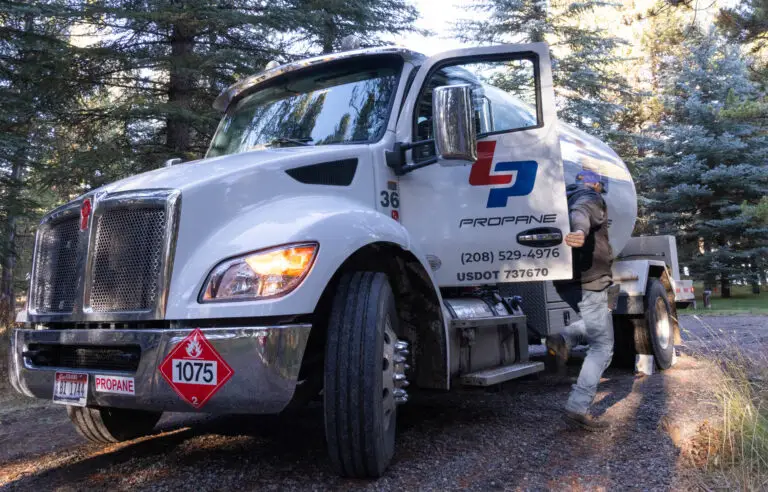
How to Tell If Your Propane Regulator Is Failing
How to Tell If Your Propane Regulator Is Failing One of the most substantive parts of your propane system is a propane regulator yet it is usually ignored until something wrong occurs. Its primary function is to reduce high tank

